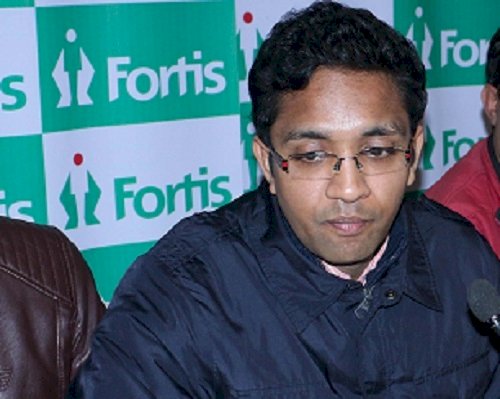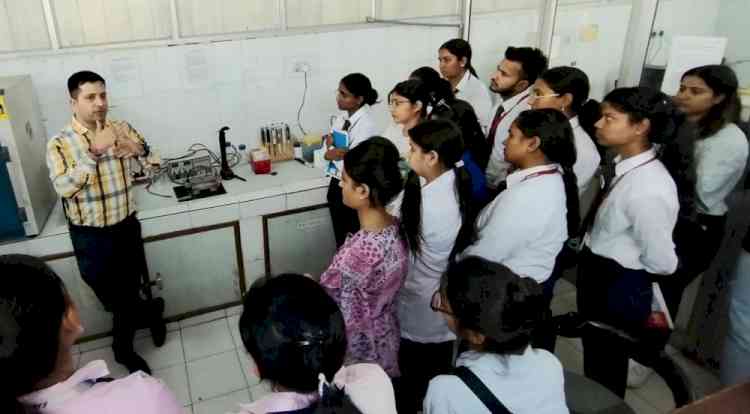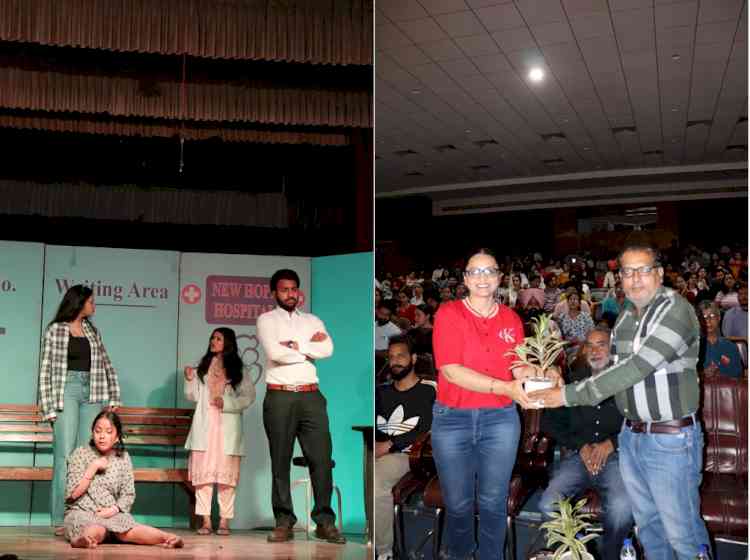Women’s employability on a rise

Chennai, November 26, 2019: The latest data released by the National Statistical Office (NSO) shows that there is an increase in women being employed as regular salaried personnel. The quarterly bulletin of Periodic Labour Force Survey (PLFS) by the NSO, released recently, indicates an increase in the share of both men and women in the regular wages/salaried category.
The data released by the NSO, a wing of the Ministry of Statistics and Programme Implementation stated that percentage of women in regular wages or as salaried employees has gone up to 58.2% in the quarter ending March 2019, vis-à-vis 56.1% in the year 2018, indicating a rise of 2.1% in women’s employment in Urban India. Whereas, the rise in men’s employment for the same period stood at 1.5% -- 46.4% in 2018 and 47.9% for the quarter ending March 2019.
In 2018, India closed the gender gap in tertiary education enrolment gap for the very time. Clearly, substantiating the reason for increased women’s employability in the organized sector.
“The increased percentage is indicative of rising employability levels of women in urban India as also the higher retention potential of women. The role of women in economic activity has increased steadily showing a decline in unemployment rate,” said Dr Saundarya Rajesh, Social Entrepreneur, Founder – President, Avtar Group, India’s premier Diversity & Inclusion Strategy firm, addressing a select media group in Chennai today.
That said, one of the barriers for increased women’s workforce participation is concentrated in the semi-urban and rural areas of the country. “Majority of employers in the country are in the informal and smaller economic units that employ fewer people. As per the MSME Annual report, 2018-19, 55% of MSMEs in India operate out of urban areas. Currently, 24% of the workforce at MSMEs is women, the total employee count being 11 crores. Being the second largest sectoral employer in the country, the potential for job creation is equally huge. If MSMEs are to look at this surging talent pool of skilled women as viable, the sector can contribute substantially to increasing women’s workforce participation rate,” added Dr Rajesh.
Interestingly, women’s representation in the 100 Best Companies for women in India (BCWI) has increased from 31% in 2018 to 33% in 2019 – a rise of 2%. Over the years, since the inception of the BCWI, women’s representation in the 100 Best companies for women has continued to increase. According to the BCWI study (released earlier this year), women’s representation rose from 31% in 2018 to 33% in 2019, which was at 25% in 2016 among the 100 Best Companies that together employ over 4.9 lakh (half a million) women professionals in the current year, 2019
The leadership of the organizations participating in the Best Companies initiative has ensured that it is possible for every company in India to achieve a 50-50 gender balance, which was previously seen as an unsurmountable challenge. By utilizing data about effectiveness of measures, companies are now very strategic about gender inclusion, which has translated into rapid results.As per the projections, these companies will get to a 50-50 gender balance by 2027. Further, women leading business roles is currently at 16% and all set to grow to 25% by 2025.Avtar, India’s premier Diversity & Inclusion Consulting firm along with Working Mother Media, a celebrated gender-parity champion in the United States, conducted the fourth successive edition of the Best Companies for Women in India (BCWI) study in 2019. The study over its past editions has established itself as corporate India’s most comprehensive gender analytics exercise.

 cityairnews
cityairnews 

















